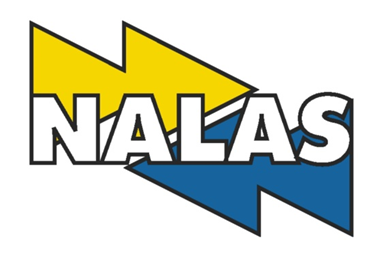
The NALAS project “Regional Cooperation for Better Social Inclusion at Local Level” addresses the insufficient institutional capacities and know-how of local government administrations and other relevant local stakeholders from the Western Balkan economies in the identification of the needs of disadvantaged groups of citizens, development of evidence-based local policies in the field of social protection and ensuring of access to local services through innovative social approaches. In addition, the project is strengthening the capacities of the Network of Association of Local Authorities in SEE to set the topic of social inclusion higher on the agenda of the network and its member associations.
In the project’s context, the NALAS member associations will develop roadmaps and recommendations for advocacy on social inclusion. The roadmaps designed in accordance with the developed methodology are action guides or plans that guide how to sustainably anchor the topic of social inclusion in the LGAs’ respective economy contexts. In addition, a Learning Cluster as a self-steered and collaborative Capacity Development format that joins practitioners of state and non-state stakeholders will be established. The cluster will be used by the local governments for sharing the same work environment, to benefit from complementary know-how and diverse experiences and to develop and scale up applicable solutions and successful approaches by guaranteeing economic, social and cultural rights of vulnerable groups for their equal participation in society, particularly on the local level.
In this regard, ZELS and NALAS are inviting practitioners (individuals), to express their interest and to apply for the position of Resource Person for the community-based services: day-care centre and mobile outreach teams.
Interested candidates (individuals) for the position of Resource Person are asked to submit a proposal, by 8 May 2024, 16:00 (CET).
For more information about the application procedure, please find bellow the ToR and Annex1 – Learning Cluster Methodology